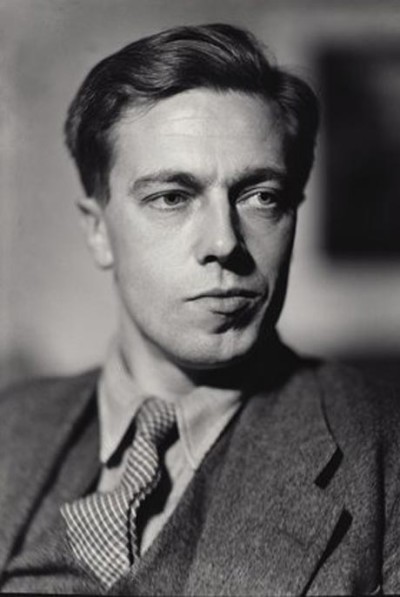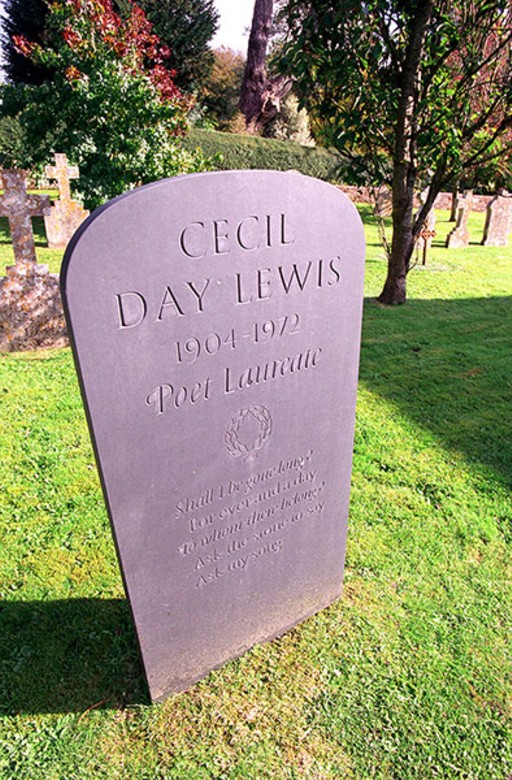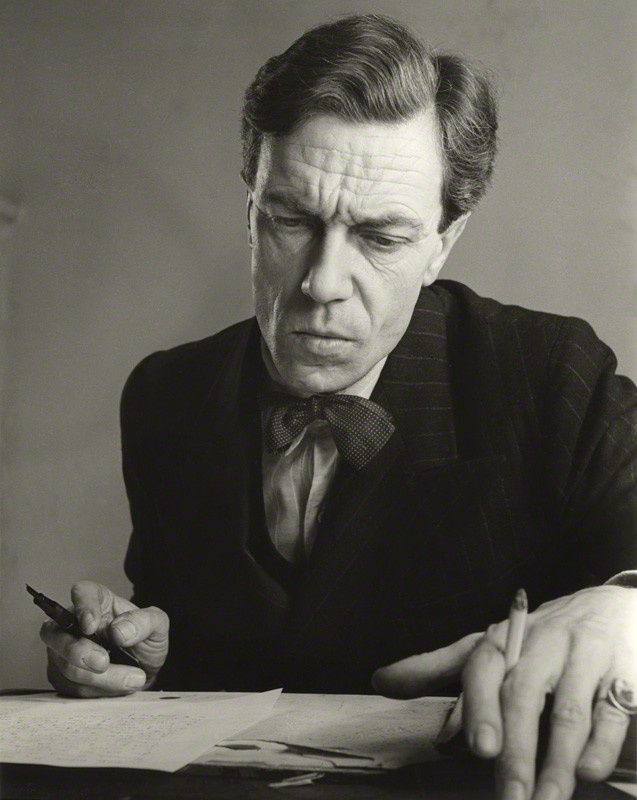Cecil Day-Lewis (Cecil Day-Lewis)

Day-Lewis was born in Ballintubbert, Athy/Stradbally border, Queen’s County (now known as County Laois), Ireland. He was the son of the Reverend Frank Cecil Day-Lewis (died 29 July 1937) and Kathleen Blake (née Squires; died 1906). Some of his family was from England (Hertfordshire and Canterbury). His father took on the surname “Day-Lewis” as a combination of his own birth father’s (“Day”) and adoptive father’s (“Lewis”) surnames. After the death of his mother in 1906, Cecil was brought up in London by his father, with the help of an aunt, spending summer holidays with relatives in County Wexford. He was educated at Sherborne School and at Wadham College, Oxford. In Oxford, Day-Lewis became part of the circle gathered around W. H. Auden and helped him to edit Oxford Poetry 1927. His first collection of poems, Beechen Vigil, appeared in 1925. In 1928 he married Constance Mary King, the daughter of a Sherborne master (i.e. teacher), and worked as a schoolmaster in three schools, including Larchfield School, Helensburgh, Scotland (now Lomond School). During the 1940s he had a long and troubled love affair with the novelist Rosamond Lehmann. His first marriage was dissolved in 1951, and he married actress Jill Balcon, daughter of Michael Balcon. During the Second World War he worked as a publications editor in the Ministry of Information, an institution satirised by George Orwell in his dystopian Nineteen Eighty-Four, but equally based on Orwell’s experience of the BBC. During the Second World War his work was now no longer so influenced by Auden and he was developing a more traditional style of lyricism. Some critics believe that he reached his full stature as a poet in Word Over All (1943), when he finally distanced himself from Auden. After the war he joined the publisher Chatto & Windus as a director and senior editor.
In 1946, Day-Lewis was a lecturer at Cambridge University, publishing his lectures in The Poetic Image (1947). He later taught poetry at Oxford, where he was Professor of Poetry from 1951 to 1956. During 1962–1963, he was the Norton Professor at Harvard University. He was appointed Poet Laureate in 1968, in succession to John Masefield. Day-Lewis was chairman of the Arts Council Literature Panel, vice-president of the Royal Society of Literature, an Honorary Member of the American Academy of Arts and Letters, a Member of the Irish Academy of Letters and a Professor of Rhetoric at Gresham College, London. Cecil Day-Lewis died from pancreatic cancer on 22 May 1972, aged 68, at Lemmons, the Hertfordshire home of Kingsley Amis and Elizabeth Jane Howard, where he and his family were staying. He was a great admirer of Thomas Hardy, and had arranged to be buried as close as possible to the author’s grave in Stinsford churchyard, Dorset, south west England.
Born
- April, 27, 1904
- Ballintubbert, Queen's County, Ireland
Died
- May, 22, 1972
- United Kingdom
- Hadley Wood, Hertfordshire, England
Cause of Death
- pancreatic cancer
Cemetery
- St Michael's Churchyard
- Stinsford, Dorset, England
- United Kingdom



